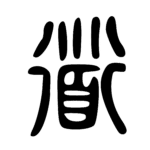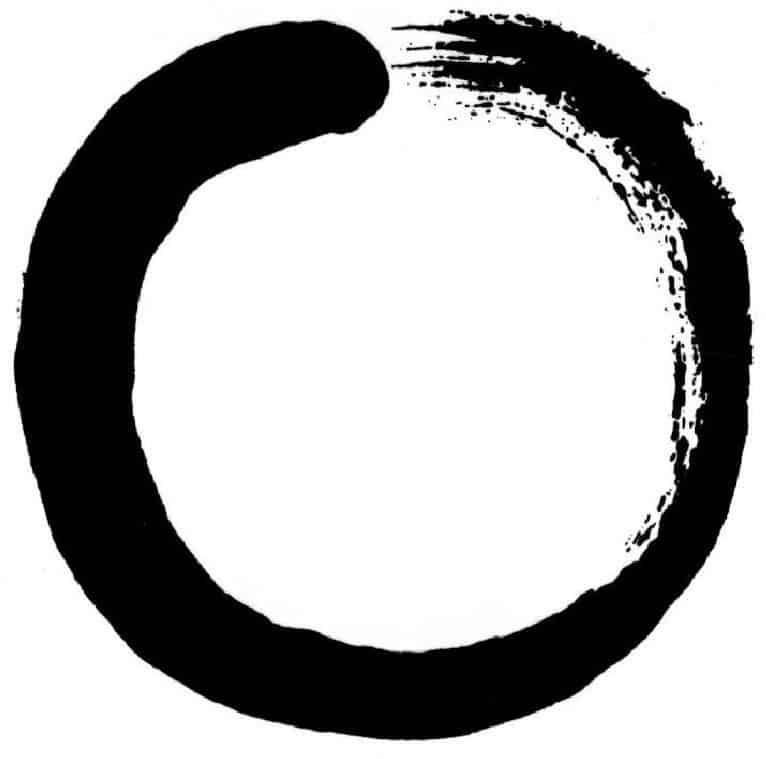The Tao
Taoism, or the practice of recognizing the Tao also sometimes called the Dao, is an ancient Chinese religious tradition that emphasizes living in harmony with the essence of nature or the Tao. The Tao is usually described as a way of life that is natural, primordial, or in alignment with ease, health, challenge, and comfort as a method of life. It embraces all aspects of life and invites its practitioners to enjoy the experiences fully. The Tao is at its essence paradoxical because of its dual nature, even describing it is futile because the concept is beyond words. It is an experience rather than a description; indeed the entire collection of work on the Tao is paradoxical. Taoism paved the way for Zen Buddhism and various other forms of Eastern spirituality to develop and thrive in the ancient Orient.
The Way of the Tao
The Tao is nameless, eternal, unchanging, and cannot be understood except through experience of the Tao. Words are not adequate to describe the concept by nature as the concept is itself nature. The Tao is a path. It is life. It is fundamental to the universe and all of humanity. The tradition comes from ancient China where it fused with Buddhism over time and countered the more traditional and strict Confucianism. Buddhism and Neo-Taosim are known to be closely related by most religions. What the Tao really means is the force behind all things, a universal god, or the unmoved mover of the universe.
The Teachers of Taoism
There are two primary teachers of Taoism, though both are acknowledged to be compilations of multiple authors over time. Lao Tse is the first and he is generally regarded as the founder, though he was a contemporary to another very well-known Taoist founder who helped to propagate the religion. The second teacher was Zhuangzi who wrote a text about the carefree nature of a Taoist teacher, named after himself. Both had a profound effect upon the Taoist tradition, but Zhuangzi was more instrumental in the actual applications of the philosophies outlined by Lao Tse.
Lao Tse or Laozi wrote a legendary book called the Dao Te Ching and is considered the philosophical founder of Taoism. Throughout history, his work has been embraced by anti-authoritarian movements. Recently, historians have established that the Tao Te Ching was actually written by many hands, but Alan Watts, a famous Zen Buddhist, cautioned against this thinking stating that skepticism was easier than reviewing a lack of data and evidence. Different Stories about Lao Tse exist in different cultures with their own flavor of the philosophical traditions of Taoism.
The Harmonic Philosophy of Tao
The Tao is the life-force that flows within all of the universe and all of matter. It is conscious, though incomprehensible to the human mind. It is therefore, not our responsibility, or even possible, to grasp the nature of the Tao. We can simply glimpse it. It is like looking through the window of a house that you can never enter.
Taoism believe strongly in the union and magnetism of opposites; The Yin Yang symbolizes this in light and dark opposition meeting in a common center. This is a metaphor for all of Taoism, showing that opposites are really the same and showing a path of living through balance of these opposing forces. For instance, rest and activity, work and family, sleep and waking, etc.
Taoism believes strongly in acting according to one’s nature and using guiding moral principles to achieve and maintain a peaceful and harmonious mind. This means living in harmony with the environment and the natural systems in place around you. Most Taoist teachers will also have a tinge of environmentalists simply because they are so in tune with their own environment.
Taoism and the Future of Humanity
At the beginning of the article, I made a bold claim that Taoism can and SHOULD lead humanity into the future. We care too much about how we look, if we are doing things right, about the state of the world we live in. We need to learn to let go and enjoy the experience in front of us with all of the difficulties and opportunities to grow that it brings. Taoist principles will allow humans to move back to a more natural state, rather than suburban living in concrete jungles and living in complete isolation from our natural environment. Symbiotic living is the only kind of living that exists in this world.
Taoist Rituals
Taoist rituals are meant to bring peace and harmony to the participant and the universe. They emphasize the nature of opposites and the union of all things. Many focus on purification. Priests often accept offerings on behalf of deities to balance the forces in the entire town or village. Many rituals also involve the priests partaking in meditation, chanting, playing instruments, and dancing. They also participate in fortune-telling and organization of sacred buildings and spaces according to the astrological significance and using Feng shui mathematical models to create harmony in their architecture and landscaping. All rituals emphasize order and balance.
I hope you’ve enjoyed this article on Taoism and modern implications for all of us humans! Please send any questions or additions in the comments, we can all learn from each other.
References
- Stanford Encyclopedia
- https://en.wikipedia.org/wiki/Taoism
- http://personaltao.com/teachings/taoism/taoism-101/
- http://www.bbc.co.uk/religion/religions/taoism/
- http://www.chebucto.ns.ca/Philosophy/Taichi/taoism.html

